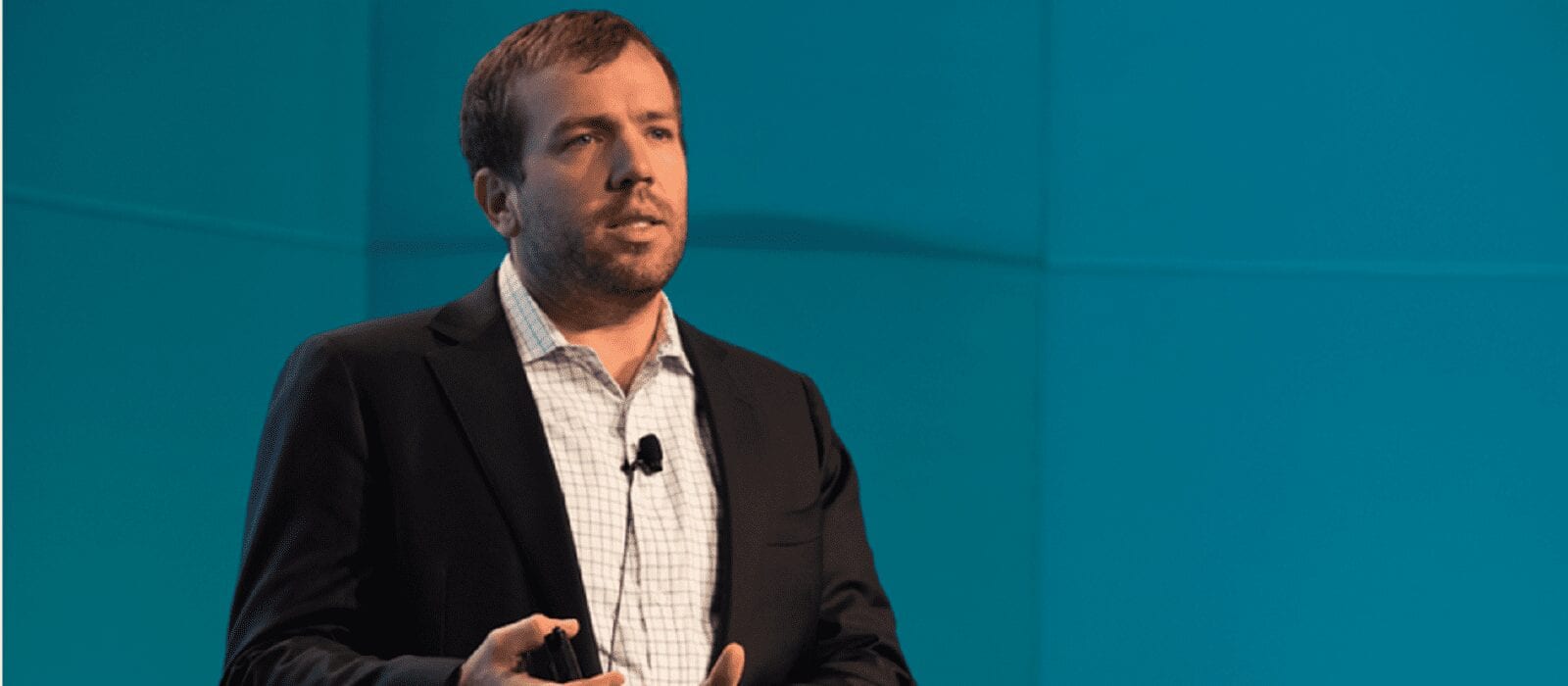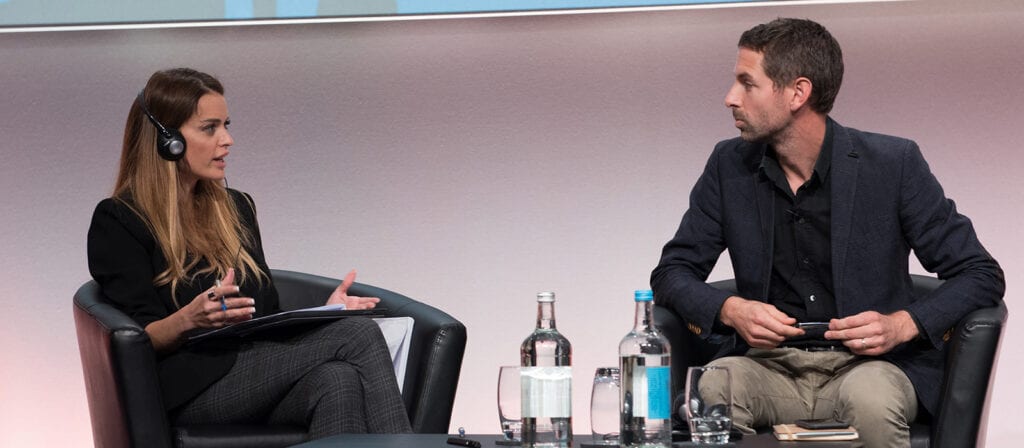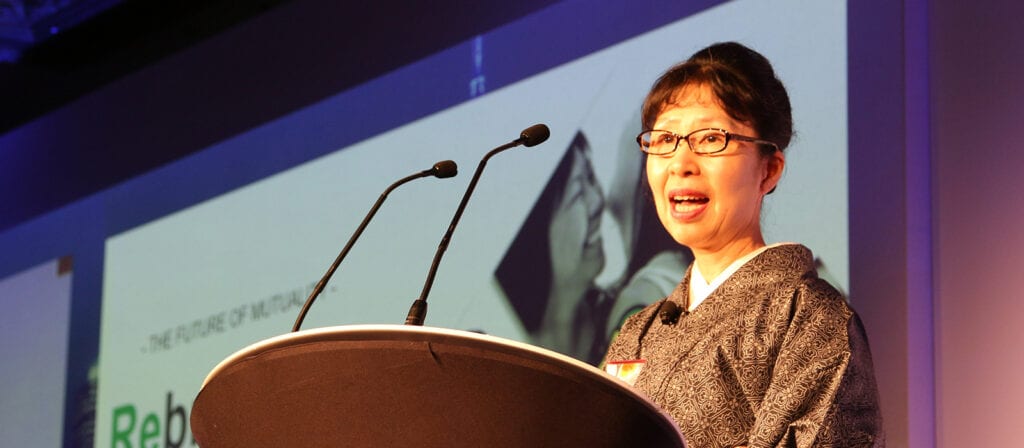Millennials (Generation Y) are the largest living generation seen in history – although are forecasted to be surpassed by Gen Z by 2020. Globally, it is already the largest generation in the workforce and will surpass baby boomers in most developed markets over the next few years.
Millennials are also becoming dominant in terms of consumer spending. In the US alone, this figure is around USD 200 billion a year and the generation’s consumer spending over the course of its lifetime is worth around USD 10 trillion. This extraordinary purchasing power is coupled with a real transition and change in lifestyle choices, such as a move to access as opposed to ownership (linking to the growth in the collaborative/sharing economy).
The behaviour of the millennial generation is driven by a search for purpose and to understand the “why”. This creates challenge for insurers in how they educate about the need and understanding (the “why”) of insurance. Combined with a general distrust and cynicism of big institutions, insurers need to frame the need for insurance and communicate about products and solutions in a different way to past generations.
Not only has there been shift in terms of technology, many millennials have grown up seeing thousands of bits of advertising every day. A recent millennial survey said that only 1% trust advertising. More trust comes from blogs (30% trust these), and more than 80% are looking to peer-to-peer referencing and approval: by word of mouth or through social media (a real amplification of that word of mouth). Leveraging ambassadors and people networks is one way insurers can tap into these peer referrals to better communicate with millennials.
Millennials are also informed customers: 57% said they compared prices before purchasing. Whilst they may not understand sophisticated and complex products (like insurance), they do have a preconceived notion of value. The key factor is to educate them on what is needed in insurance coverages. But, insurers need to compete on more than just price with this generation (especially mutual/cooperative insurers), by thinking of the value-add and tailoring their product and service offerings.
Technology has changed consumer behaviours and client expectations in all aspects of daily life: from watching television, ordering a taxi, paying for goods, etc. This has been driven by a growth in technology-based start-up companies (Uber, AirBnB) disrupting traditional serviced-based industries.
The customer journey has changed due to technology. The traditional journey was very linear as the customer usually had to go through advisors to access and transact on products. Today, the customer journey involves numerous, mostly digital channels and non-linear engagement.
The challenge for insurance companies (and their agents) is to identify where the human touch still has the edge and can add value to customers in a way that new technology cannot.
The future will still advisors differentiate by personalised and personable service; but also by engaging customers at scale, serving more clients and adding value in easier ways. The trusted advisor of the future will still be built on relationships, but also informed by data and empowered by technology.
Session panellists:
- Matthew White, Human Resources Generalist, The Co-operators (Canada)
- Jens Bærentsen, CEO, Alka (Denmark)
- Kumar Shailabh, Executive Director, Uplift Mutuals (India)
- Holly Ransom, 2014 co-Chair G20 Youth (Y20) Summit and CEO, Emergent Solutions (Australia)
- Steve Garrity, CTO and Founder, Hearsay Social (USA)
- Bill McKinney, Vice-President, Strategy & Long Term Development Management, Thrivent (USA) moderator







